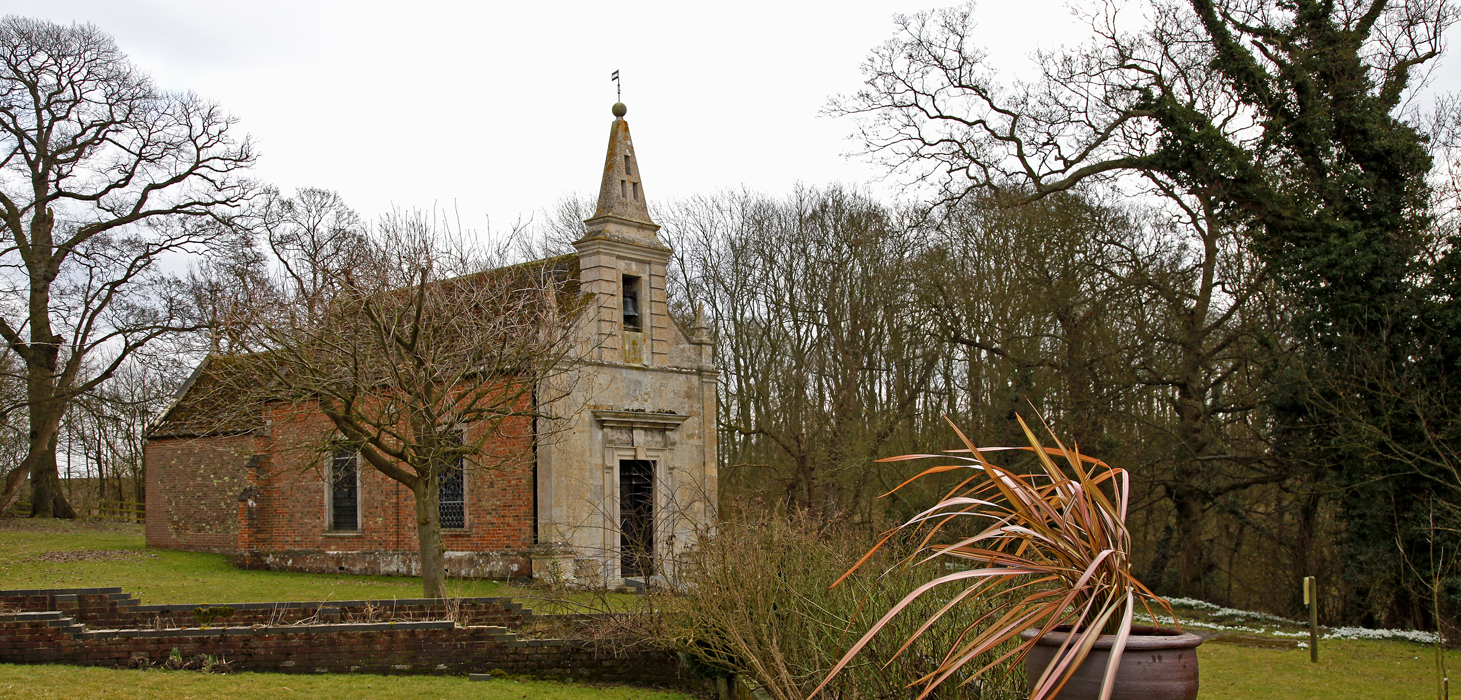Clarke, Peter, and Charlotte Methuen, eds. The Church and Literature. Woodbridge, Suffolk: published for the Ecclesiastical History Society by the Boydell Press, 2012.
Papers delivered at the Ecclesiastical History Society, Summer Meeting, 2010.
Seeking meaning behind epistolary clichés: intercessory prayer clauses in Christian letters / Renie Choy — Gregory the Great: reader, writer and read / Daniel Anlezark — Was anyone listening? Christian apologetics against Islam as a literary genre / Jessica Lee Ehinger — Frivolity and reform in the church : the Irish experience, 1066–1166 / David N. Dumville — Ecclesiology on the edge: Dante and the church / John Took — “No milkless cow”: the cross of Christ in medieval Irish literature / Salvador Ryan — “Y Ganrif Fawr”? piety, literature and patronage in fifteenth- and sixteenth-century Wales / Katharine K. Olson — The biblical verse of Hans Sachs : the popularization of Scripture in the Lutheran Reformation / Philip Broadhead — Thomas More’s Confutation: a literary failure? / Eamon Duffy — Staging vice and acting evil: theatre and anti-theatre in early modern England / George Oppitz-Trotman — William Perkins’s The arte of prophecying: a literary manifesto / W. B. Patterson — Milton’s churches / Thomas N. Corns — Anti-Catholicism and obscene literature: The case of Mrs. Mary Catherine Cadiere and its context / Colin Haydon — English convents in eighteenth-century travel literature / Caroline Watkinson — A novel resistance: mission narrative as the anti-novel in the evangelical assault on British culture / Benjamin L. Fischer — Reserve and physical imagery in the Tractarian poetry of Isaac Williams (1802-65) / John Boneham — W. E. Heygate: Tractarian clerical novelist / George Herring — A writer or a religious?: Lady Georgiana Fullerton’s dilemma / Kathleen Jaeger — Writing the Sabbath: the literature of the nineteenth-century Sunday observance debate / Martin Spence — The pastor chief and other stories: Waldensian historical fiction in the nineteenth century / Mark Smith — The Jesuit as villain in nineteenth-century British fiction / John Wolffe — Christian Dickens / Andrew Sanders — Disraeli’s novels: religion and identity / David Brooks — Breadth from dissent: Ada Ellen Bayly (“Edna Lyall”) and her fiction / Clyde Binfield — “Pulp Methodism” revisited: the literature and significance of Silas and Joseph Hocking / Martin Wellings — Some popes in English literature c. 1850-1950 / Bernard Hamilton — Jesuit pulp fiction: the serial novels of Antonio Bresciani in La civiltà cattolica / Oliver Logan — Canon Patrick Augustine Sheehan, priest and novelist: presidential address / Sheridan Gilley — “Oh dear, if only the Reformation had happened differently”: Anglicanism, the Reformation and Dame Rose Macaulay (1881–1958) / Judith Maltby — The Archbishop of Canterbury, the Lord Chamberlain and the censorship of the theatre, 1909–49 / Peter Webster — The trials of Lady Chatterley, the modernist bishop and the Victorian archbishop: clashes of class, culture and generations / Stuart Mews — The cloister and the crime: medieval monks in modern murder-mysteries / Sarah Foot — Piety and polemic in evangelical prophecy fiction, 1995–2000 / Crawford Gribben.
Library of Congress.
